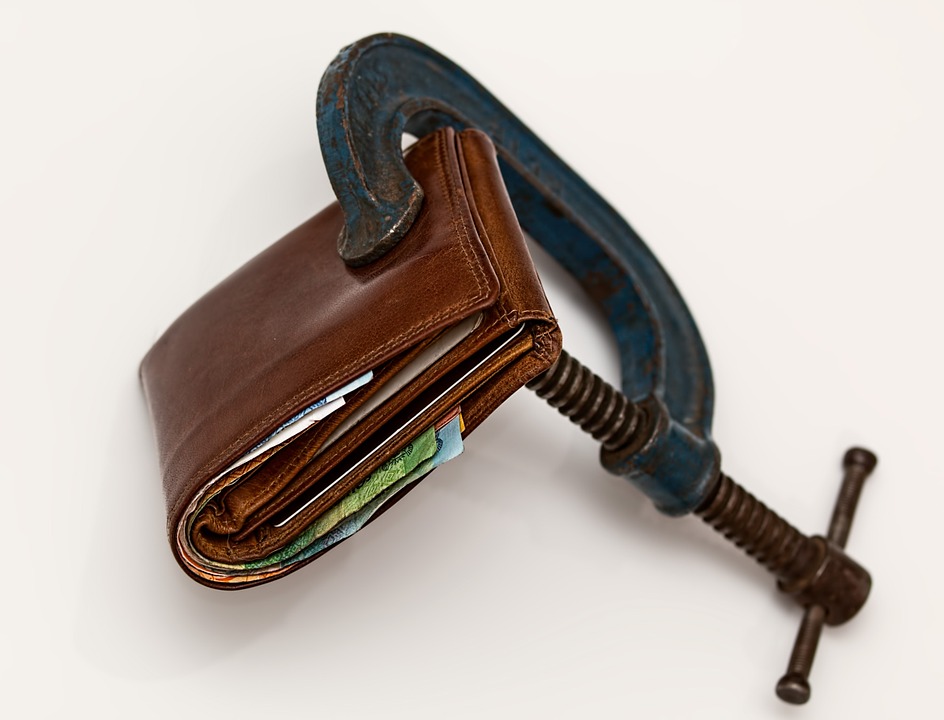It used to be that, in most cases, landlords could avoid paying Council Tax on their rental properties altogether. However, due to changes in recent years, there could be times when you are liable for Council Tax so it is important to make sure you know where you stand. Here is a summary of the rules around Council Tax and rental properties.
When the property is filled
Section 6(2) of the Local Government Finance Act 1992 shows that the liability for Council Tax falls on whoever is resident in the property. Therefore, tenants are responsible for paying Council Tax unless the owner of the property also lives in it. If there are no residents, liability falls on the owner.
Your residents may be eligible for discounts or exemptions from Council Tax, for instance if they are living alone in the property or if they are full time students, but it is up to the tenant to apply for these.
An exception to this is Houses of Multiple Occupation (HMOs) where individual rooms are let out and residents are on individual tenancies. In these cases, the landlord is responsible for paying the Council Tax. However, classification of what constitutes a HMO varies between councils, so if you are in any doubt, contact the council your rental property is under to clarify.
When the property is vacant
Landlords used to be able to claim Council Tax exemption for vacant properties for up to six months. This was very useful as it meant that no extra costs were incurred when there was a gap between tenancies. However, from 1st April 2013, the system changed so that individual councils could vary their approach to empty properties.
According to the Gov.uk website, landlords will usually have to pay council tax on their empty properties, although some councils do offer discounts or even full exemptions in some cases. This means that landlords need to contact the council their property is under to find out how much, if anything, they have to pay – which will be quite an undertaking for landlords with a portfolio of properties across different boroughs.
There are still some exemptions for empty properties – for instance, if you are carrying out major refurbishments to the property while it is vacant you can contact the council regarding this and they will send you a ‘completion date’ from which you will need to start paying Council Tax.
It is also worth noting that if a property has been vacant for 2 or more years, councils can now charge 50% extra Council Tax. This normally wouldn’t affect landlords, but it is important to bear in mind if you are thinking of purchasing a buy-to-let property which has been vacant for a long time as not all councils take a change of ownership into account. Therefore, you could end up paying 150% of the usual Council Tax bill until you get tenants in.
If you are at all unclear as to whether you need to pay Council Tax on your rental property, or how much you need to pay, it is always best to contact the appropriate council for guidance.

Write a Comment